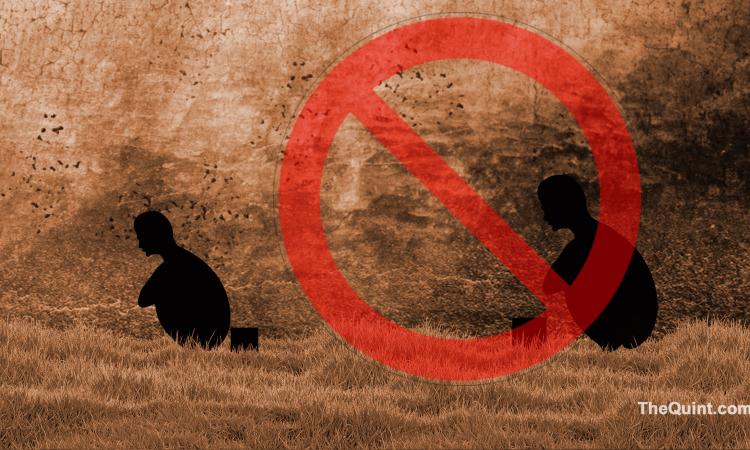
1.14 lakh villages have been declared open defecation free so far across the country
Rural development ministry’s statistics reveal that the country has 1,14,332 open defecation free (ODF) villages in addition to 50,492 ODF gram panchayats and 61 ODF districts. In addition, the states of Sikkim, Himachal Pradesh and Kerala have declared themselves to be completely open defecation free in rural areas. The ministry has set a target of converting 175 districts as ODF by March 2017 and is extremely confident of achieving it. While the Indore municipal corporation is all set to become open defecation free by December 15, Deogarh in Odisha is expected to become the state's first open defecation free district by December this year.
Bengaluru's Kaggaadasapura Lake spews froth
Joining the unfortunate list of Bengaluru’s lakes spewing froth is the Kaggadasapura Lake. Unplanned urbanisation and inadequate sewerage infrastructure have contributed to the frothing of the lake in most localities. Frothing events have been associated with the release of untreated sewage into urban lakes which are rich in phosphates and sediments from oils and detergent refuse. So far, a total of seven lakes, starting from the Byramangala Lake in 2010 to the more recent Rampura, Kasavanahalli and Kaggadasapura in 2016, have frothed.
BMC to process wet waste in Dharavi to reduce landfill load
The Brihanmumbai municipal corporation is all set to launch a wet waste processing facility in Dharavi to reduce the load of the already burdened city landfills. The 15-acre plot will process close to 3,000 metric tonnes of wet waste from nine wards to produce electricity and manure in addition to minimising cost for transporting wet waste load across the city. It is estimated that around 1.6 lakh kilograms of manure can be produced from the collected wet waste every day which is worth close to Rs 8 lakh going by the current market calculations.
17 lakh households lack toilets in rural Gujarat: MDWS report
Going by the ministry of drinking water and sanitation’s statistics tabled in the Lok Sabha recently, around 17 lakh rural Gujarati households--close to 24 percent of the state’s total--lack toilet facilities. The National Sample Survey Organisation figures indicate that close to 37 percent of villages lack proper sewerage infrastructure, casting heavy shadows on the success of the Swachh Bharat Mission in the prime minister’s home state. Construction of toilets has witnessed a declining trend from 9.22 lakh units in 2015-16 to 2.08 lakh toilets till July this year in 2016-17.
TN government asked to file detailed report before the Madras high court regarding toilet facilities in schools
Following a public interest litigation submitted at the Madurai bench of the Madras high court, the Tamil Nadu government has been ordered to come up with a detailed report on the status of school toilets in Tamil Nadu. The petitioner has recorded that close to 15.45 percent of schools in Tamil Nadu lack toilet facilities and many of them lack water supply and regular cleaning staff, rendering most of the units unusable.
This is a roundup of important sanitation related news published between November 5 and 11, 2016.
Lead image courtesy: The Quint
/articles/114-lakh-indian-villages-declared-open-defecation-free